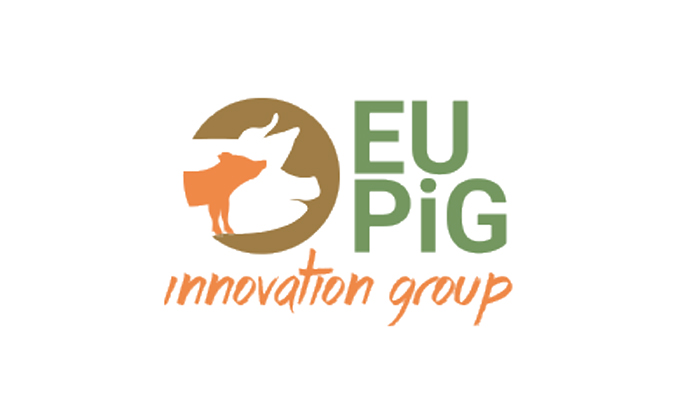Zinc alternatives, using big data and community management are among the winning best practices of the 2019 EU PiG Innovation Group (EU PiG) Grand Prix. Eight pig producers from across Europe have been awarded the title of EU PiG Ambassador to recognise their innovation in pig production.
The Grand Prix is an annual competition which aims to identify and share innovative practices in pig production throughout the European network of pig producers, and beyond.
The winning best practices from the 2019 EU PiG Grand Prix are:
| THEME | CHALLENGE | BEST PRACTICE | COUNTRY |
| Health | Early warning of diseases and production errors | Degree2act app | Spain |
| Influence of gut health on disease and production data | Fermenting liquid feed, an alternative to zinc oxide | Netherlands | |
| Meat Quality | Replacing GMO soy for feed production | Locally grown protein can replace soy in pig feed | Finland |
| Opening farms to engage with public | Community manager for pigs | Ireland | |
| Welfare | Strategies to reduce aggression between animals | Doors for piglets | France |
| The quality of the farm atmosphere
|
Ammonia emission reduction techniques for fatteners inside the stable by separating faeces and urine | Belgium | |
| Precision | Reduced pig mortality | Reducing pig mortality through high care | Netherlands |
| Dashboard systems/benchmarking | From pig data to big data | Denmark |
Ben Williams, EU PiG coordinator and knowledge transfer senior manager at AHDB, said: “ in the UK, said: “Congratulations to the 2019 EU PiG Ambassadors. The full details about how each of the ambassador’s innovations work in practice will soon be provided on the website.
“Fundamentally, this competition is about connecting pig producers, creating a European network where new information and experience can be shared directly. This aims to ensure an ever more efficient and competitive industry.”
Mr Williams added: “Using the EU PiG platform, producers are able to learn about the ideas and techniques used effectively across Europe to help improve the efficiency and sustainability of their own farm.
“This year’s winning best practices should act as aspirational examples of innovative techniques used on pig farms to tackle each of the eight challenges.”




